A mini program is a mobile page access service system independently operated by developers. It is an application developed on an open platform and has the characteristics of "no installation", "no download", and "click and play". For example, the most common WeChat mini program is a variety of functional mini programs developed using the WeChat App ecosystem as an open platform. Mini program developers directly provide data and services to users, and the collected user data is also stored on the server of the mini program operator and not saved on Tencent.
從數(shù)據(jù)收集和存儲的角度講,App和小程序在收集方式、范圍等方面就具有明顯的區(qū)別。App般通過操作系統(tǒng)提供的API獲取用戶個人信息,而小程序僅能通過開放平臺提供的API獲取用戶個人信息。從這個角度看,因小程序獲取的個人信息的范圍不會超過開放平臺本身允許的范圍,因此,即使是同家運營平臺,小程序上收集的信息種類、頻次等也都遠遠小于App。
From the perspective of data collection and storage, there are significant differences between apps and mini programs in terms of collection methods and scope. Apps generally obtain user personal information through APIs provided by the operating system, while mini programs can only obtain user personal information through APIs provided by open platforms. From this perspective, since the range of personal information obtained by the mini program does not exceed the allowed range of the open platform itself, even on the same operating platform, the type and frequency of information collected by the mini program are far less than those of the app.


其次,從可調(diào)取的權限的角度講,App能夠獲取的手機系統(tǒng)權限多達100余項,而小程序獲取的權限仍然受到整個開放平臺本身規(guī)則的限制。
Secondly, from the perspective of accessible permissions, the app can obtain over 100 mobile system permissions, while the permissions obtained by mini programs are still limited by the rules of the entire open platform itself.
再次,從消息推送的渠道上看,只要用戶同意接受通知,App可以隨時隨地為用戶推送消息,而小程序只能在被用戶主動訂閱進行推送,或者發(fā)送模板消息。從這個點考慮,定程度上,小程序能屏蔽過度的廣告營銷,像是App的純凈版,提高實用性和使用效率,這可能這也是小程序的用戶載量越來越多的原因之。
Once again, from the perspective of message push channels, as long as the user agrees to accept notifications, the app can push messages for the user anytime and anywhere, while the mini program can only push or send template messages after being actively subscribed by the user. From this perspective, to some extent, mini programs can block excessive advertising marketing, such as pure versions of apps, improving practicality and usage efficiency. This may also be one of the reasons for the increasing user load of mini programs.
對此,小程序運營者應當注意:
In this regard, mini program operators should pay attention to:
(1)用戶進入小程序,可體驗相關業(yè)務,不得在未展示任何信息的情況下,強制授權手機號等個人信息;
(1) After entering the mini program, users can experience relevant business and are not allowed to forcibly authorize personal information such as phone numbers without displaying any information;
(2)用戶正常瀏覽小程序板塊或頁面過程中,不得強制授權手機號等個人信息;
(2) During normal browsing of mini program sections or pages, users are not allowed to forcibly authorize personal information such as phone numbers;
(3)如涉及購物下單、支付等需要授權手機號等個人信息的場景,應當明確向用戶說明授權原由。
(3) If it involves scenarios where personal information such as authorized phone numbers is required for shopping orders, payments, etc., the reason for authorization should be clearly explained to the user.
本文由濟南網(wǎng)絡推廣友情奉獻.更多有關的知識請點擊:http://www.greenfieldmarine.com真誠的態(tài)度.為您提供為的服務.更多有關的知識我們將會陸續(xù)向大家奉獻.敬請期待.
This article is sponsored by Jinan Network to promote friendship and dedication. For more information, please click on: http://www.greenfieldmarine.com Sincere attitude. We will provide you with comprehensive services. We will gradually contribute more relevant knowledge to everyone. Stay tuned


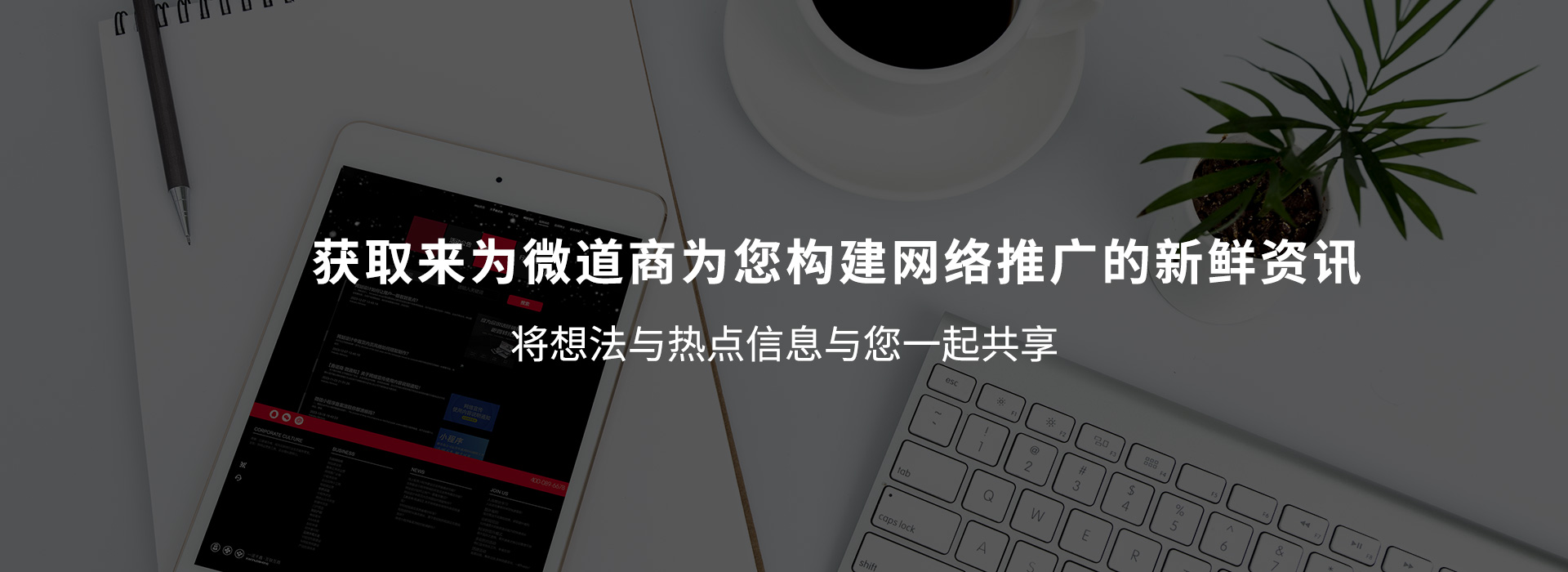

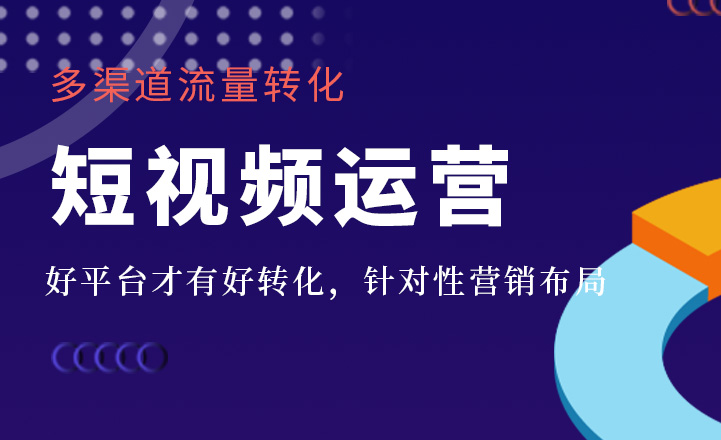
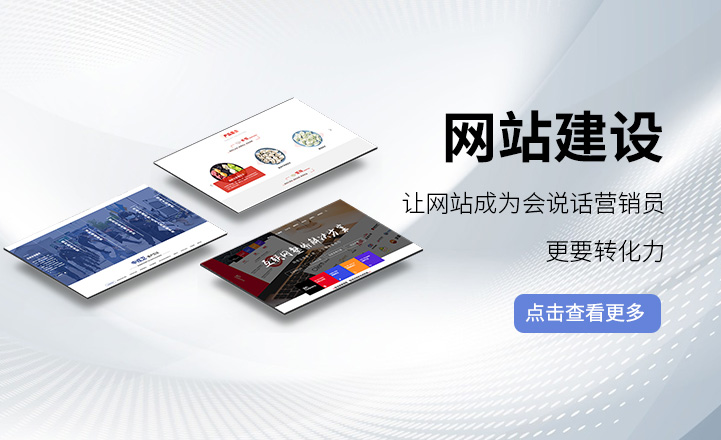
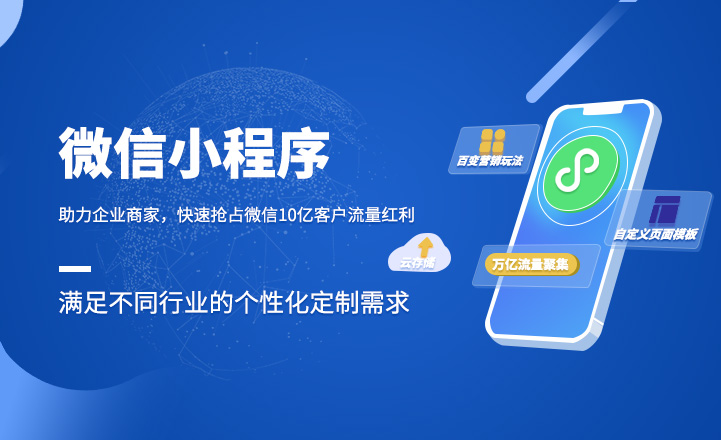

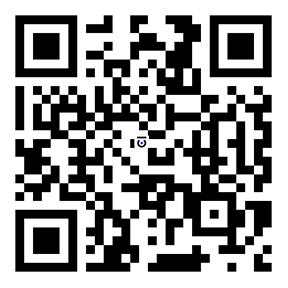
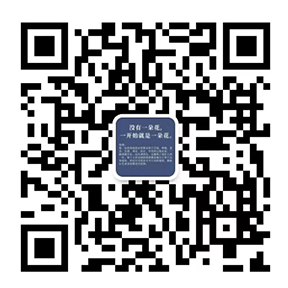
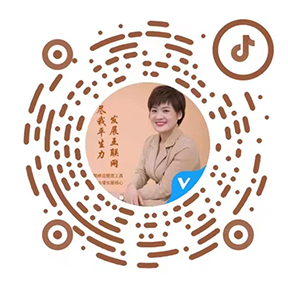
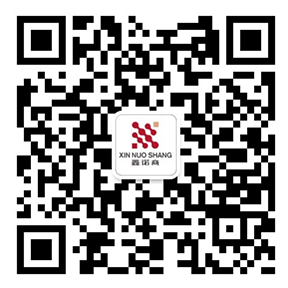
 魯公網(wǎng)安備37010202000892號
魯公網(wǎng)安備37010202000892號